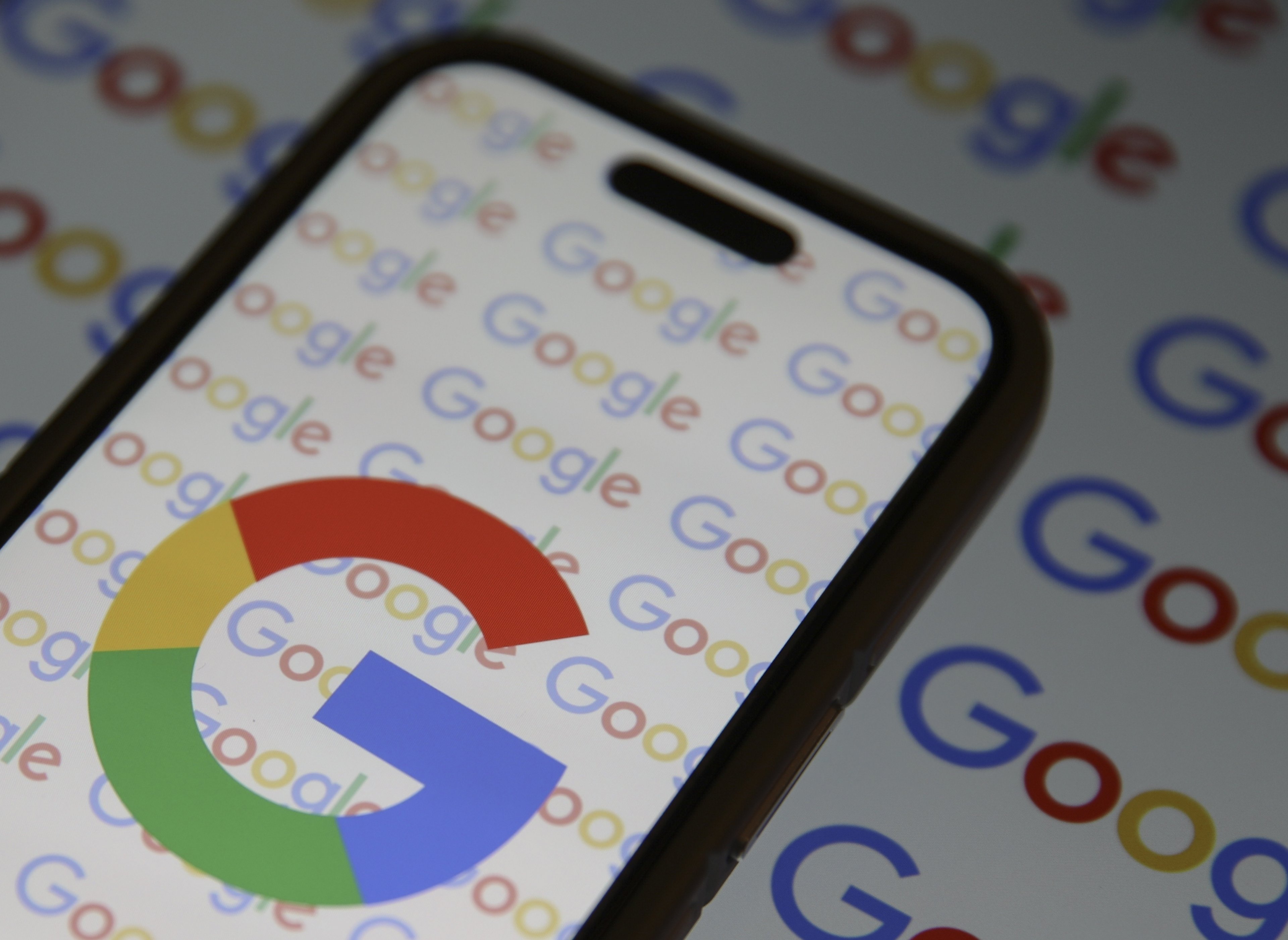In May, a German politician called for continued regulation against Google (GOOG +1.05%) (NASDAQ: GOOGL):
Every time we touch one of these products or devices we activate a digital echo, create feedback to the data storage facilities that are beyond our control and are gradually making us totally readable.
We must give serious thought to the possibility of "unbundling" the Internet market, in a similar way to the electricity and gas networks. But this should be the ultima ratio. And so, to start with, we are thinking about regulating Internet platforms by means of regulatory tools similar to antitrust legislation.
Europeans are fed up with Google's dominance. And as the company expands its breadth of industries, the fear of Google's size will only increase, and just might start antitrust rumblings in the U.S. What are the possibilities around a broken-up Google?
Immense size
Google seems to have a bet on any and all industries that will dominate the future. Its Android operating system will be on the latest wearables, it will drive our cars, automate our homes, and supply the fiber Internet to connect it all together. Oh, and still be the portal to indexed online information through the original search engine.
Has a company ever had such an opportunity to repeatedly intersect a consumer's life?
How about Microsoft (MSFT +0.24%) in 1999? With more than 90% of Intel-compatible personal computer market share for a decade, and reaching 95% for the few years leading up to 1999, the Department of Justice found that Microsoft used its market power to stifle competition and harm consumers, specifically favoring Internet Explorer as a bundled browser over Netscape. In 2000, Microsoft was ordered to be split up.
Instead, because the judge who ordered the break-up was removed from the case for talking to reporters before his final decision, Microsoft was able to settle the case and only had to abide by a set of rules to help "level the playing field."
Back to Google, the European Union opened an antitrust case against it in 2010. Earlier this year, Google came up with measures to resolve any antitrust issues, like placing competitors' search products at an equal status as its own.

Screenshot of how Google results will look with 'alternatives' with equal prominence. Source: European Commission
While the European antitrust cases concerning Google Search seem to have been resolved, there are numerous other complaints across its other products like Android, YouTube, Google Plus, and AdWords.
But in the U.S.?
The Federal Trade Commission ended an investigation into Google in early 2013, stating, "[A]lthough some evidence suggested that Google was trying to eliminate competition, Google's primary reason for changing the look and feel of its search results to highlight its own products was to improve the user experience."
But a new class action lawsuit was brought against Google in May. It states that the company monopolized mobile search, and the bundling of YouTube and Google Play has resulted in phones that cost more than they should with less search capability. With mobile devices about to take up the majority of consumer computing, its dominance outside of search might be reviewed by regulators.
Wary collaborators might self-regulate
Outside of the traditional trust-breaking institutions, Google may find itself without collaborators as it grows, limiting any threat of conglomerated power in the future.
For example, Google has had trouble getting independent record labels to sign to new licensing terms for YouTube before it launches a subscription-based music-streaming service. Google was going to block the labels from uploading music videos if they didn't sign to the new terms, but under threat of investigation for abuse of market power, Google has postponed such plans.
Or as Google spends $500 million to expand Shopping Express, a grocery delivery service, it needs retail partners to sign on to its program. As Re/code explains, some retailers are hesitant to work with the tech giant. The article has a telling quote from the e-commerce head of Staples, "Why wouldn't Google just eliminate the merchant from the middle?"
Unless Google can better navigate the perceptions of an all-encompassing, fear-inducing, corporate entity, it may begin to hit more dead ends in its efforts to seek collaboration.
A threat, but one that's been managed
Google, despite its youth, has already grown to a size and strength that has regulators standing by. It must be careful not to harm consumer well-being, or it may face a Microsoft-type settlement with regulatory restrictions hampering its corporate strategy. But an actual break-up of a company is rare, and it's much more likely Google would submit changes to its business, like under the European Union's case, than split apart.








